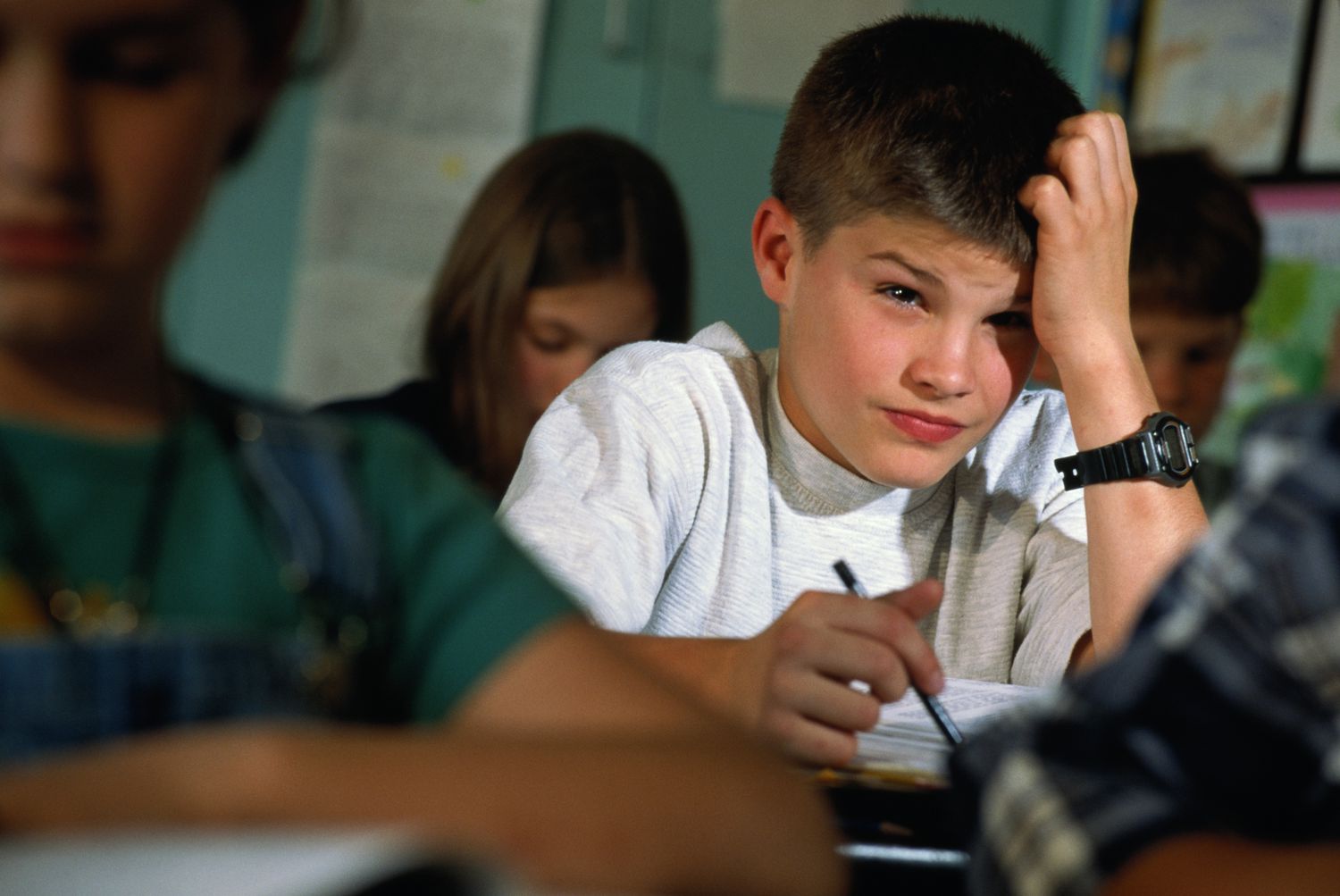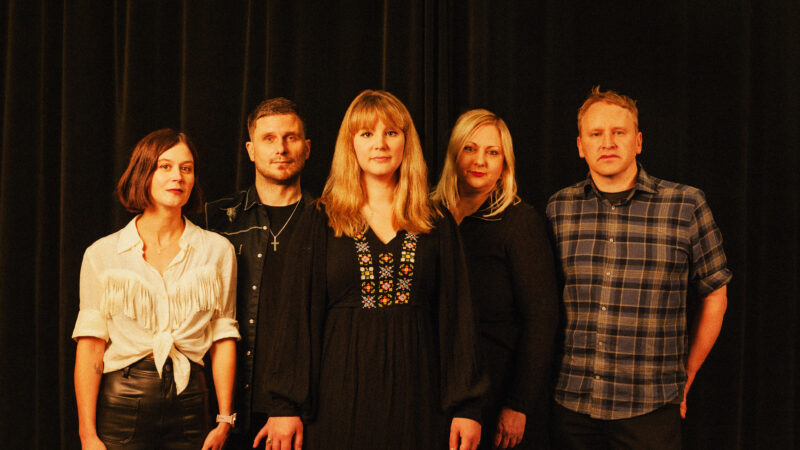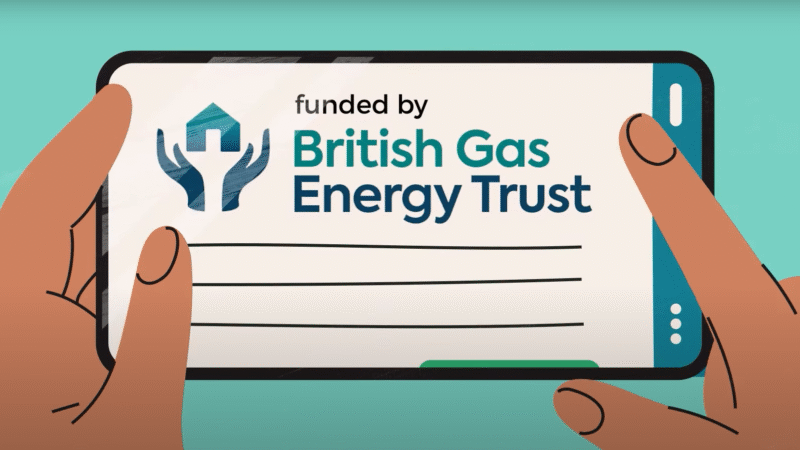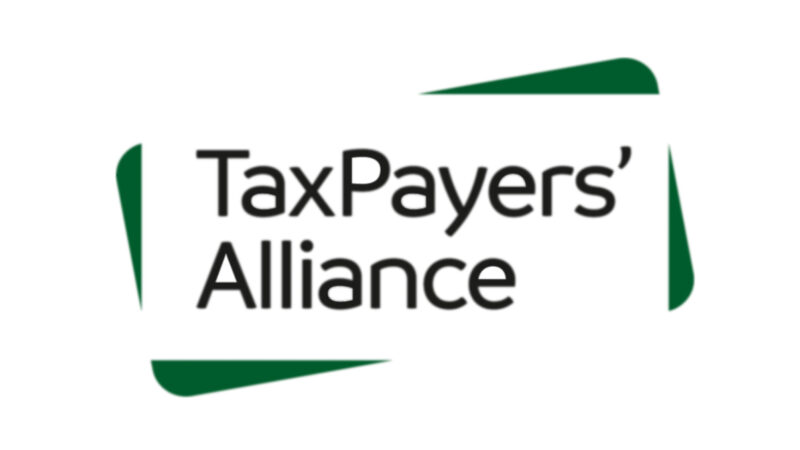Schools fully stocked with free period products, but girls are failing to access them, according to new research

Girls[3] are missing 54 days of education over the course of their teen school and college years due to their periods. This is the equivalent of 11 academic weeks, and worse than before periodequality schemes were in force at schools, according to a new study[4] released by phs Group today (18 October 2023).
The third consecutive research paper on period inequality in the UK, Period Equality: Breaking the Cycle, is the longest running research into absenteeism and periods in the UK and is released by the washroom provider phs Group, which delivers a range of period equity initiatives across the UK, including providing schools and colleges across the UK with period products via a range of public-sector funded schemes.
The new paper reveals that while significant progress has been made in making menstrual products more accessible in education settings through funding them for free, over half of students (52%) did not find period products freely available in washrooms and a further one in seven (14%) did not know if they were available.
While period equality schemes across the UK have been lauded as a success with extremely high engagement from schools– in England alone, 99% of secondary schools have ordered their quota of products[5] since the scheme began, the new statistics highlight issues getting products to girls, and keeping girls in lessons.
The research paper is based on the opinions of 1,262 girls aged 13-18 years across the UK and builds on insight from two previous surveys by phs Group in 2019 and during the Covid pandemic in 2021.
Kelly Greenaway, period equality lead at phs Group, said:
“It’s important to recognise that huge advances have been made in giving girls access to free period products in schoolsacross the UK. What we must do now is close the gap between providing schools with all the products they need and getting them into the hands of any girls that need them, for whatever reason. We know from our own data providing schools with products, that they have more than enough for their girls, so we need to tackle the misconceptions around free access to products in washrooms, and the stigma and shame that goes hand in hand with failing to have open conversations about menstruation.”
“We are incredibly proud of our work to highlight the issues faced by millions of girls, and we remain as passionate and committed as ever to work with governments and local authorities to support educators to deploy the necessary measures to ensure that period inequality becomes a thing of the past.”
Startling statistics from the 2023 research include:
· On average, girls in the UK miss three days each term due to periods – more than for any other reason, including colds and flu (2.6 days), mental health (1.9 days) and truancy (1.2 days). That is nine days lost due to menstruation and the barriers faced each school year – the equivalent of 54 days over the course of teen school and college years or 11 academic weeks.
· More than half of girls surveyed (54%) are still taking time off school due to their monthly cycle – roughly the same number as in 2019 before products were freely available at school (52%)
· Worryingly, the number of students who say they are likely to miss school or college over the next year due to their periods has soared to more than half (52%) – more than double the quarter (25%) revealed in phs’s first poll in 2019 and a 12% increase on 2021.
· The vast majority (82%) continue to blame period cramps for missing school. However, almost 1 in 5 (19%) of those polled stay away from lessons because they are embarrassed about being on their period – no real improvement from 2021.
· One in 12 (8%) stayed away from lessons because no period products were available to them – 3% higher than in 2019, a surprising statistic considering the widespread adoption of period equality schemes across the UK.
· Affordability is an increasing issue with, 5% unable to afford products, an increase of 3% on pre-pandemic levels.
· Over half of those polled (52%) did not find period products freely available in washrooms and a further one in seven (14%) did not know if they were available.
· Only a third have accessed free period products through the scheme, with one in seven doing so because they were unable to afford their own.
Gill Atkinson, of Harlow College’s Wellbeing and Safeguarding Team, which is based in Essex, one of the colleges taking part in the Department for Education’s Period Equality Scheme in England, commented on the data around students failing to access products.
“We have embraced the opportunity to give our students access to free sanitary products in our washrooms to avoid any disruption to their learning caused by periods. It is key to the success of this initiative for girls to be able to access products exactly when and where they need them in a stigma-free way. We have placed all our products in tote bags on the back of toilet doors and have seen a significant take-up as a result.”
To raise awareness of the dynamics of period equality in society, a new period equality podcast is being launched alongside the research on 18 October 2023. The aim of the podcast, The Blobcast: Free the Period, is to give everyone more knowledge about their periods, and to instigate open and honest conversations around menstruation to tackle the current taboos around periods, including shame, cost and products, basic knowledge, and period pain.
Kasey Robinson, a menstrual well-being, and confidence educator who delivers workshops in schools, colleges, and workplaces and The Blobcast’s host said: “I know too well about the barriers facing so many of us when it comes to our menstrual health. It’s simply not enough to blame absenteeism figures on access to products alone. On the ground, the story is clear: we aren’t being educated, supported, and informed enough about periods. Menstruation is still a taboo subject, and our experience is a secret to keep to ourselves and something we feel forced to hide. In education settings, this is leading to more and more girls staying away from school.
“Without workshops, learning resources and the support for and from teachers and caregivers this issue will stay the same, or get worse. It should not be a revolutionary act to teach people about periods, it’s a right. We need to break the cycle of shame and encourage open and honest conversations about periods – exactly what The Blobcast is seeking to do.”
The Blobcast: Free The Period will launch on all free streaming platforms on 18 October 2023, and more information can be found at www.phs.co.uk/TheBlobcast The podcast aims to educate everyone about periods, but will also have corresponding learning resources, so that teachers can use the podcast content in lessons to facilitate open conversations about the issues raised.
The period equality research paper is the third in a series of studies into the area by phs Group, which provides a range of washroom, floorcare, healthcare and specialist services to over 120,000 customers in 300,000 locations and has done for 60 years. As part of phs Group’s periodequity initiative, its aim is to glean knowledge about how period equality schemes are working year on year, so it can adapt and change to better support girls, schools, businesses, and people who menstruate everywhere and end period inequality.






